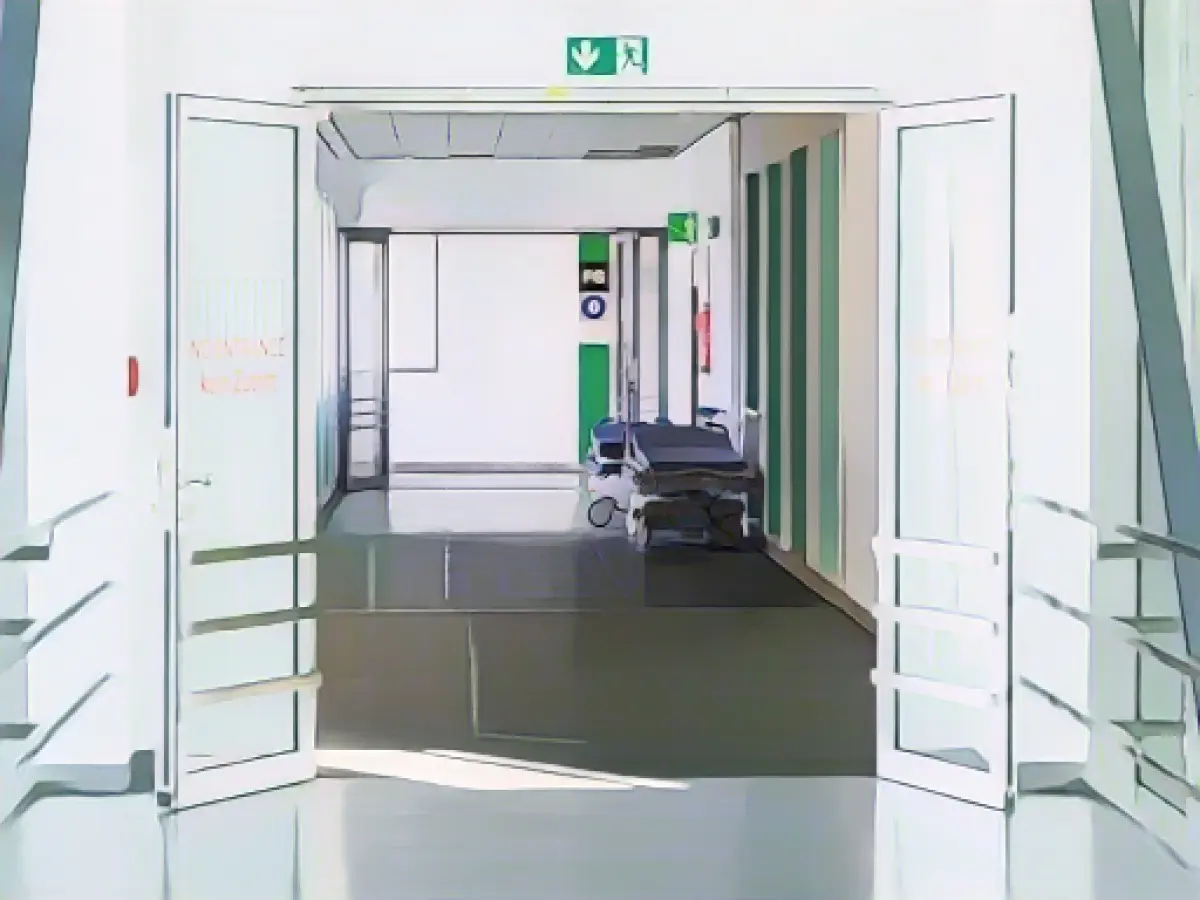Fewer hospital patients with strokes
Between 2019 and 2022, the number of stroke patients in Hessian hospitals fell steadily. During this period, it fell by almost 9 percent from 30,336 (2019) to 27,631 (2022), according to an answer from the Ministry of Social Affairs to a parliamentary question from SPD member of state parliament Daniela Sommer.
"The declining treatment figures seem to indicate a change in the population's behavior when it comes to seeking treatment, as the number of hospital cases is generally declining," explained a ministry spokesperson in Wiesbaden. It is possible that this is an effect triggered by the coronavirus pandemic. It is currently not possible to make any concrete statements about the cause of the decline.
Health expert Sommer warned: "Time is crucial for the success of acute treatment." The faster the diagnosis is made and treatment initiated, the less damage occurs. "Many patients arrive at the clinic too late," warned the SPD MP. Only 25 percent of patients reach a clinic within the first two hours of the onset of symptoms. "Some sufferers are alone and therefore helpless, others don't take the symptoms seriously and wait too long."
In addition to rapid diagnosis, adequate treatment and timely early rehabilitation are also important, explained Sommer. These need to be significantly improved in Hesse - for example with the planned stroke concept.
According to the Ministry of Social Affairs, work on this concept began in 2018 and was briefly interrupted until fall 2020 due to the coronavirus pandemic. The plans are currently on hold, as the hospital reform at federal level must be awaited first. Further work on the concept does not currently make sense.
Despite the decrease in stroke patients, it's concerning that many still arrive at hospitals too late, affecting their health significantly. Advanced hospitals and health systems, equipped to recognize and address diseases like strokes swiftly, could potentially mitigate this issue.
Source: www.dpa.com








